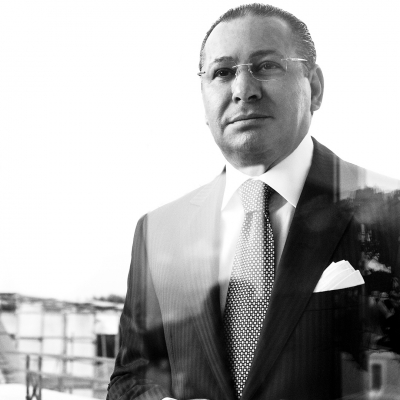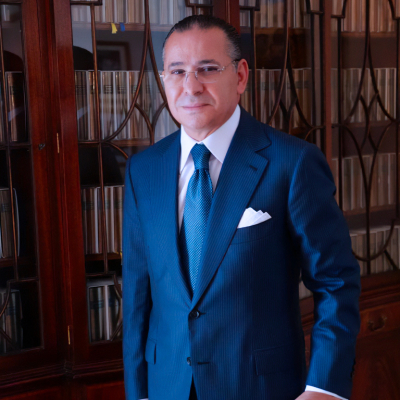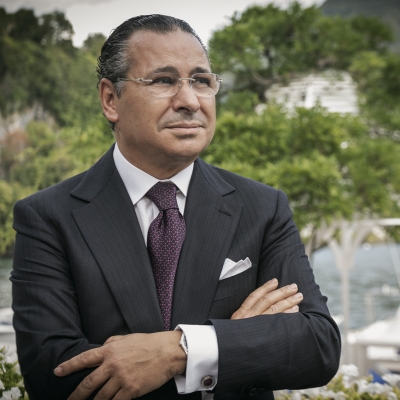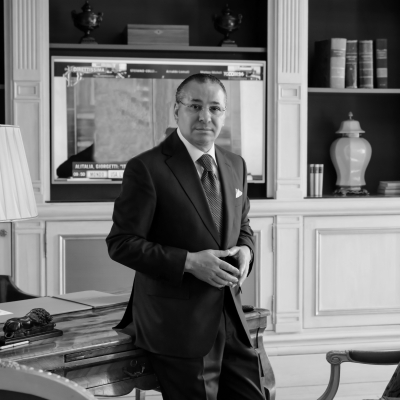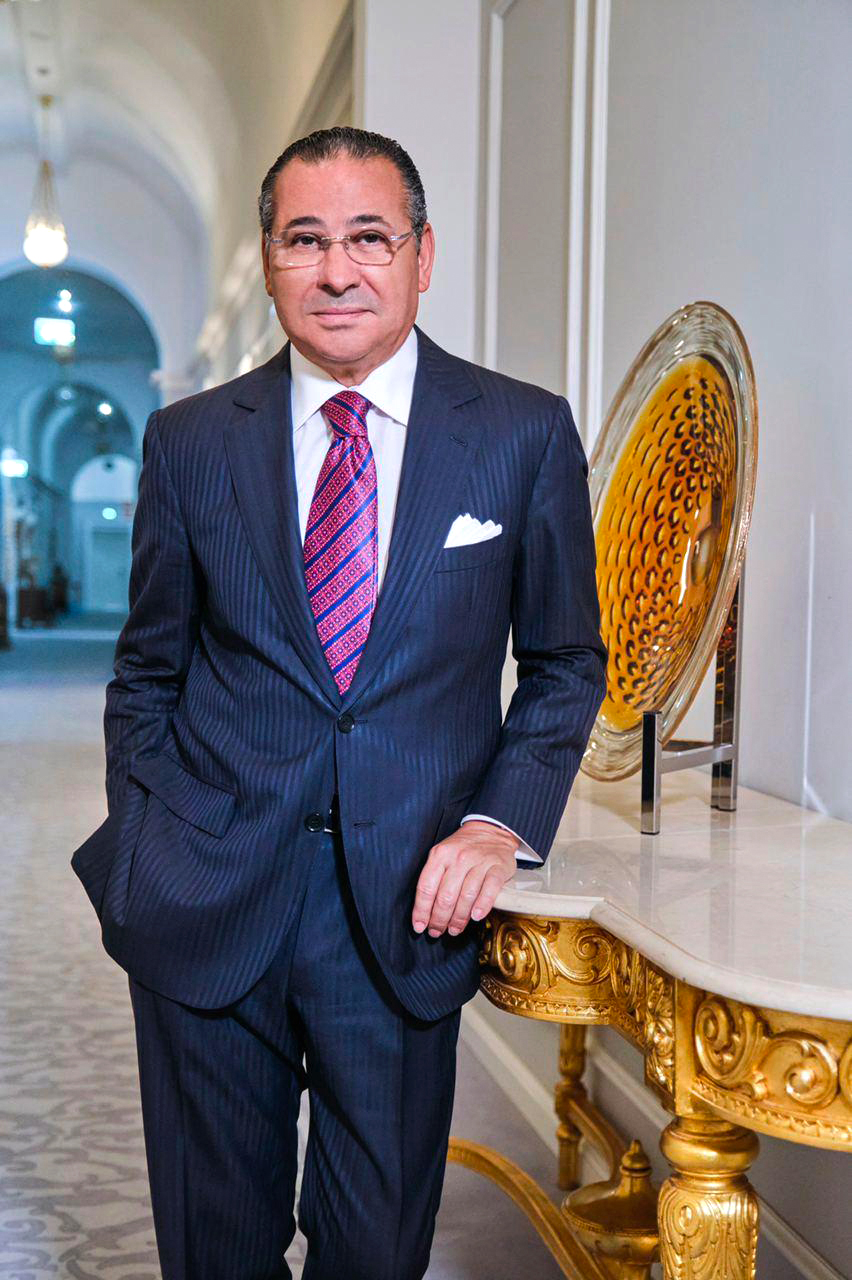
According to the UN between five and six thousand Tunisians joined ISIS in Syria and Iraq. Many have been killed but of those who have been captured their fate is as yet undecided. A plausible option available would be to return the fighters to their countries of origin. Prisons in Syria and Iraq cannot contain all those who have been captured, and are in any case primarily used to hold Syrian and Iraqi citizens. International convention is to extradite prisoners to their homelands for incarceration or worse and perhaps release.
The question that hangs over us now is exactly what should Tunisia do with its young and passionate ISIS fighters, some of whom are guilty of the cruellest of crimes? This is not an easy question to answer. Despite its tradition as one of the most open societies in Africa and the Middle East, as well as having the best-educated workforce on the continent, Tunisia enduring very troubling times. The nation, like many nations around the world, is in the midst of a cultural war, aggravated by the extreme corruption and greed of the Ben Ali years from which the nation is yet to recover.
During those years, the nation swung from being a state of moderation with a reasonably equitable spread of prosperity, to being one of great inequality in the distribution of wealth that saw the few, especially those connected to the Ben Ali regime, enjoy immense wealth while the majority of citizens struggled to make it over the poverty line. These pendulum years culminated, 2011 in the so-called 'Arab Spring', a time of great hope that has yet to be fulfilled in Tunisia.
It is easier to destroy a nation than to rebuild it, and not so long ago Tunisia was the pearl of the Southern Mediterranean and a leading nation in Africa and the Middle East. Despite the Arab Spring, youth unemployment has continued, as has disillusionment with the government. The new ideologies, which paradoxically promised a return to the romantic view of the old ways of Islam, seemed to attract in particular, those with little or no opportunities to improve their lot; but these members of society had fervour and passion and hope for a better life.
They saw in ISIS as way out of the poverty that they witnessed in the alleys of Tunis and in villages throughout the country. Thousands were recruited to fight for ISIS, filled with anger and hate and promises of a better life, a fairer life like that envisaged more than a thousand years ago. While the so-called new Caliphate has not been extinguished entirely, many of those who took up the call have met with death, or seen horrors wrought, or have been captured. Although some want to return to their homelands, they fear that prison or death awaits them upon their return. This reality means that each of the nations from whence the fighters came must now choose how to deal with their return. In light of this, what should Tunisia do? If we fear those who are returned or return of their own volition, the answer is easy for some.
Those who fear the arrival of these captured ISIS fighters advocate execution or permanent imprisonment. The argument runs that they cannot integrated back into society for they will, just like a cancer, spread their ideology of hatred within the nation. They will destroy the systems and people who have made Tunisia one of the brightest lights in Africa and the Middle East. The argument is not an unreasoned one and perhaps this should be the treatment of those who have been proven beyond all reasonable doubt to have committed the most heinous of crimes. However, we must also bear in mind the anecdotal evidence that those who did commit violent crimes faced death themselves if they did not follow the commands. I am in no doubt that many young fighters who were recruited had no idea of the atrocities they would be commanded to commit, just as I have little doubt that for many they are haunted day and night by the memories.
Yet these six thousand do not simply represent our lost youth, who were once the most idealistic of our young, but they also represent our sons and daughters, and as such could be our future. How we deal with these ex-fighters will say much about what we want our country to be as much as what we fear our country could become. Tunisia has a rare opportunity to show the world its humanity, its wisdom and its vision of the future. It has a chance to be a different model, one that bridges its rich history of tolerance towards all and its role as a bridge between Europe and Africa, and East and West. I agree that we cannot simply welcome back these damaged and bitter youths and simply turn them out into the streets again to face the same conditions that drove them to join ISIS in the first pace. Under such conditions, those sceptics who insist that say young men and women will turn on us again just as cancer turns on its own body, are like to be proven right.
Nevertheless, there are other ways to cure disease than through excision or isolation. Excision weakens, rather than strengthens the body and can only give us respite from the cancer within. We should look towards other nations for what could become a uniquely Tunisian model of tolerance. Certainly the returning six thousand will initially need to undergo a process of internment and extensive interviews in order for us to understand how we can change the conditions that drove them to Syria and Iraq. For those who are seen as genuinely wanting to return to society, a rehabilitation and training structure should be set up so that these people can receive job training and be ensured of obtaining the education necessary to be a productive part of Tunisian society. Most importantly, jobs must be ready for them when they are released back into society.
Tunisia should also consider a version of South Africa's Truth and Reconciliation Commission, so that the country can understand what was done and understand the virulence of such actions so that we never take for granted the best of Tunisian society and why we need to regain our place as leaders in education and business in Africa and the southern Mediterranean.The return of the up to six thousand ex ISIS fighters will not be an easy task to manage as it also means that Tunisia will need to examine put itself through much intense self examination if we are to openly expose our weaknesses and address how we can create a fairer society for all and better than the one we had not so long ago.
That vision is not a romantic vision of the past, but one where Tunisia's education system was the best in Africa and the Middle East and almost everyone contributed towards making society better. It was a nation that boasted the best educated women and still notwithstanding our problems, we still remain leaders in this field. If we work together as a nation, and appreciate our diversity rather than fear it as some do, the best days of Tunisia are ahead of us. This begins by addressing, not running from, our difficulties.
Kamel Ghribi
